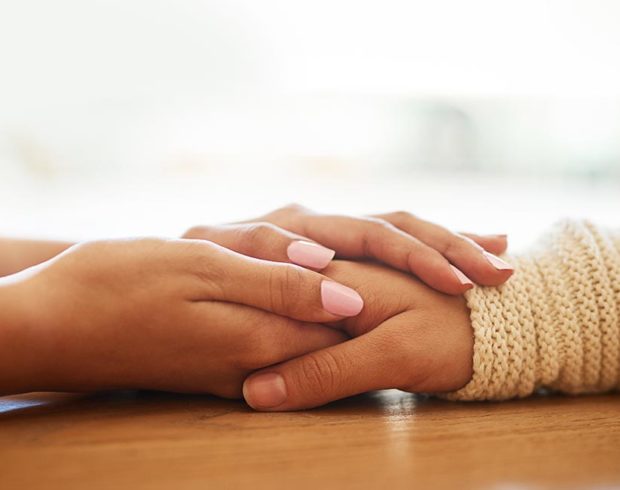DOES YOUR LOVED ONE EXHIBIT SIGNS OF ADDICTION?
If you believe a friend or family member is struggling with an alcohol or drug problem, ask yourself if they:
- Sees friends less often or attends fewer social events
- Hangs out with a different group of people
- Experience difficulties at school or work
- Have started attending school or work sporadically
- Have been borrowing or stealing money
- Are in financial or legal trouble
- Have trouble concentrating or appear confused
- Suffer from mood swings
- No longer seem interested in activities or hobbies they previously enjoyed
- Seems drunk or “out of it” at various times
- Have lost a lot of weight in a short period
- Have glazed or red eyes, a runny nose, or a constant cough
- Cannot explain recent bruises or marks
- Are depressed and have very little energy
IS IT TIME TO CONTACT A PROFESSIONAL?
If you answered “yes” to two or more of the above questions, it may be time to consult the knowledgeable admissions professionals at Buena Vista. You are not alone. We will listen to your concerns and help determine if your loved one has a substance abuse problem. Let us help you help someone in need.
HOW TO HELP A LOVED ONE WITH ADDICTION
You may feel helpless, but you can help your loved one with addiction in several ways. Here are some suggestions.
Offer Support
You can’t fix what is happening, but you can assure your loved one they’re not alone. For many people struggling with addiction, that’s what they need most.
Change is scary. Listen without judgment, validate their feelings, and allow them the space they need to do this hard work. As they go through rehab and begin recovery, talk positively about the future and offer hope when times get tough.
Stay Involved
If they ask you to attend family or group therapy, participate with an open mind. Eventually, you may even feel comfortable enough to express your feelings.
This kind of involvement and honesty helps your loved one better understand how their addiction affects those around them. It also shows that you support their recovery, investing the time and energy to participate in the solution.
Communicate
Sometimes rehab requires a blackout period where the patient is on their own and can’t communicate with anyone from the outside. Once this period is lifted, don’t be afraid to reconnect with your loved one.
Communication can be challenging, with the risk of safe small talk spiraling into a heated argument. Some people feel so much anxiety over what to say to someone in rehab that they stop contacting them altogether. This can lead the person in recovery to feel isolated.
Find a way to communicate that works for both of you. Go through a mediator if necessary. Or stick with supportive texts or emails before graduating to phone calls and in-person visits. Verbalize your support and make sure your loved one doesn’t feel alone.
Trust with Mindfulness
Establish and maintain trust throughout this process. You’ll naturally be wary, looking for red flags. That’s normal.
Understand that you’re all starting over again, and be mindful not to fall back into old, bad habits. Discuss trust issues you may have with your own care circle, therapist, or trusted friend.
HOW BUENA VISTA HELPS YOUR LOVED ONE
Reaching out for help regarding substance abuse and a loved one is intimidating and frightening. Seeking well-informed answers to your questions is a step in the right direction. At Buena Vista, our intake team is here for you. We provide compassion and understanding with our consultations whenever you need us.
Addiction is a complex disease to beat, but it can be treated successfully. When your loved one begins treatment, rest assured that we offer practical, proven detox, inpatient, and therapy programs.
Ready to regain control of your life? Take the first step on your journey to addiction recovery today.



